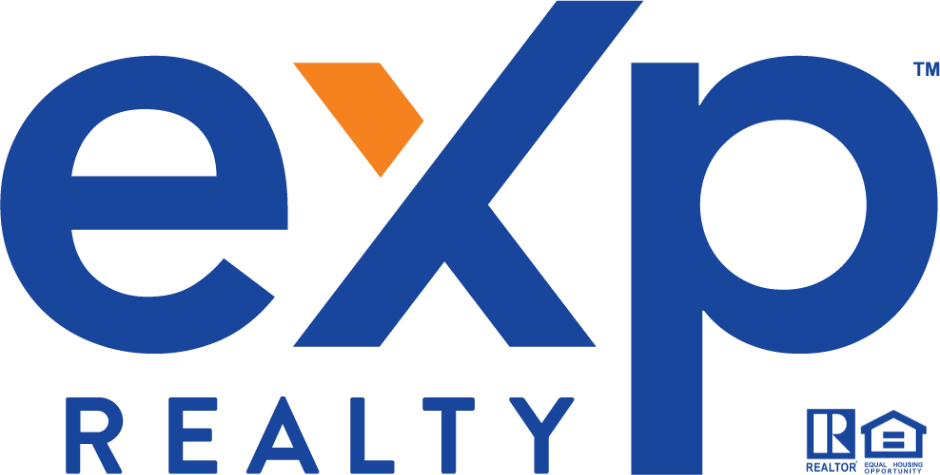If you’re fresh out of college and settling in at your first or second job, homeownership might be out of sight, out of mind. But there’s a lot you can do in your 20s to better position yourself for buying a home when the time is right.
You’ve got plenty of company if you’re not ready to house-hunt just yet. Fifty-seven percent of millennials rent because they view it as more affordable or because they think they won’t qualify for a mortgage, according to a 2014 Fannie Mae survey. Survey respondents cited poor credit, high down payment costs, a low monthly income and too much existing debt as roadblocks.
While you’re in your 20s, follow the steps outlined below to overcome some of these common obstacles to buying a house. And when the time comes, you’ll be ready to get your hands on those coveted house keys.
- Save as much as you can as early as you can.
- Prioritize needs over wants to avoid overspending.
- Build your credit with on-time payments and manageable loans.
- Save your money early — and regularly
Opening a joint savings account to save up specifically for a downpayment and for homeownership costs can be the key. By simply depositing $500 a month into a joint savings account could be $1,000 (if you’re a couple) for your future home purchase. Avoiding big purchases and credit cards like a plague is also a good attitude.
Mortgage pros like Brian McFedries endorse this savings approach wholeheartedly. McFedries, a loan officer with Smart Choice Realty Solutions in San Diego, California, recommends socking away as much as you can per paycheck in a savings account. Whether it’s 3%, 5% or 10% of your income, those savings will add up over time, McFedries says.
- Prioritize needs over wants
Try to always put your NEEDS over more extravagant WANTS and know the difference between the two. Even as your friends blow their paychecks on designer clothes and new cars.
As early as in your 20s, you may long to go on adventurous vacations but you should know the costs of doing so and that It could delay your dream of homeownership. You must find a way around that roadblock by focusing on your goals and gaining a lot of patience.
- Build your credit wisely
While it’s true you need a credit history to qualify for a home loan, that doesn’t mean you should max out credit cards while in your 20s. Instead, use them responsibly and wisely to build your credit score over time.
Traditional lines of credit, whether it’s student loans, an auto loan or credit cards, need to be tempered with an understanding of how revolving debt affects your credit score.
Having a high debt-to-income ratio is one of the red flags mortgage lenders look for when evaluating your credit.
The first step to building a healthy credit profile is knowing your credit score and keeping tabs on it in case errors should appear. Some young homebuyers come in to apply for a loan and are completely clueless about their credit scores.
Making a plan of action to pay down debts early on and raise your credit score — before you’re ready to buy a house — will increase your chances of getting the best loan and interest rates possible when the time comes.
Making on-time monthly payments on your student loans, rent, utilities and credit cards can start boosting your score in as little as six months.
Next steps to buying a home
Do you have homeownership on the brain? Sit down with a mortgage broker to talk about how much home you can afford and what steps you can take now to make it happen. Part of a mortgage broker’s job is to help you assess your overall financial picture and identify specific ways to make the path to homeownership as smooth as possible.
If you are planning to sell your home, let The Incorvaia Team make the process as easy as possible for you. Call us today!



